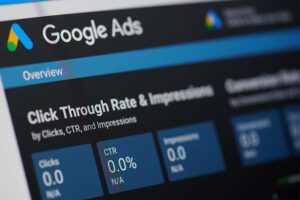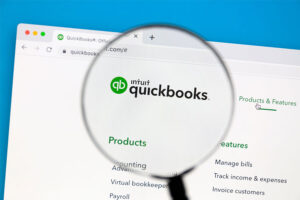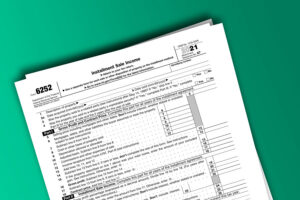Angi (formerly Angie’s List) is an online directory where homeowners can search for home-related services in their area, like plumbers, landscapers, and home cleaners. Conversely, it’s also a platform where home service providers and businesses can list their services and attract clients. Keep reading to learn more about what is Angi, how it works, and…
What is
How Much It Costs to Advertise on Google
How much does it cost to advertise on Google? In 2024, the average cost is $4.66 per click. However, this varies depending on the keywords your ad is targeting, your industry, and your overall ad campaign budget, among other factors. But one of the best things about Google Ads is that they’re suitable for any…
Net Working Capital: What It Is & How to Calculate It
Net working capital (NWC) is used to determine the financial health of a business by calculating the difference between a company’s current assets and current liabilities. You can use NWC to evaluate a company’s financial trends, growth projections, and solvency. You can use our calculator below to determine your company’s NWC. If you’re looking to…
QuickBooks ProAdvisor Preferred Pricing Program
The QuickBooks ProAdvisor Preferred Pricing Program offers QuickBooks ProAdvisors special pricing and discounts on various QuickBooks products and services. The eligible products are QuickBooks Online, QuickBooks Payroll, QuickBooks Time, and QuickBooks Bill Pay. ProAdvisors have three options to choose from—ProAdvisor Discount, Direct Discount, and Revenue Share—and they can choose only one program for each client….
What Is Upselling? Steps, Best Practices & Examples
Upselling is a sales technique or process of suggesting a higher-valued product or service to new or existing customers at a point of sale. The idea is that a customer is already in the buying mindset and could be easily convinced to upgrade to something better at that moment. This technique is generally used just…
What Is Merchandise Planning? Guide for Retailers
A failure to plan is a plan to fail. Here’s a breakdown of successfully planning your merchandise for optimized sales.
Merchandise planning is the strategic management of product procurement, allocation, and sales to maximize profitability. It is a critical aspect of retail business operations as it involves determining and maintaining optimal inventory levels, which prevents stockouts (and unhappy customers) and too much cash tied to excess or aging stock. The merchandise planning process accounts for…
The Prime Rate: What It Is & Why It Matters
The prime rate is often the interest rate a bank charges to its most well-qualified borrowers.
The prime rate can affect the interest rate you get on a loan, although lenders may use varying methods. It can fluctuate over time, so being aware of the prime rate can give you an idea of the range of interest rates you might be able to get. As a general rule of thumb, the…
What Is Form 6252? (+ Example)
Form 6252 is used to report income from the disposition of property sold under the installment method. In the course of a sale, when one or more payments are made after the close of the tax year, the installment method applies. What Sales Are Reported on Form 6252? Generally, when property is sold, a seller…







